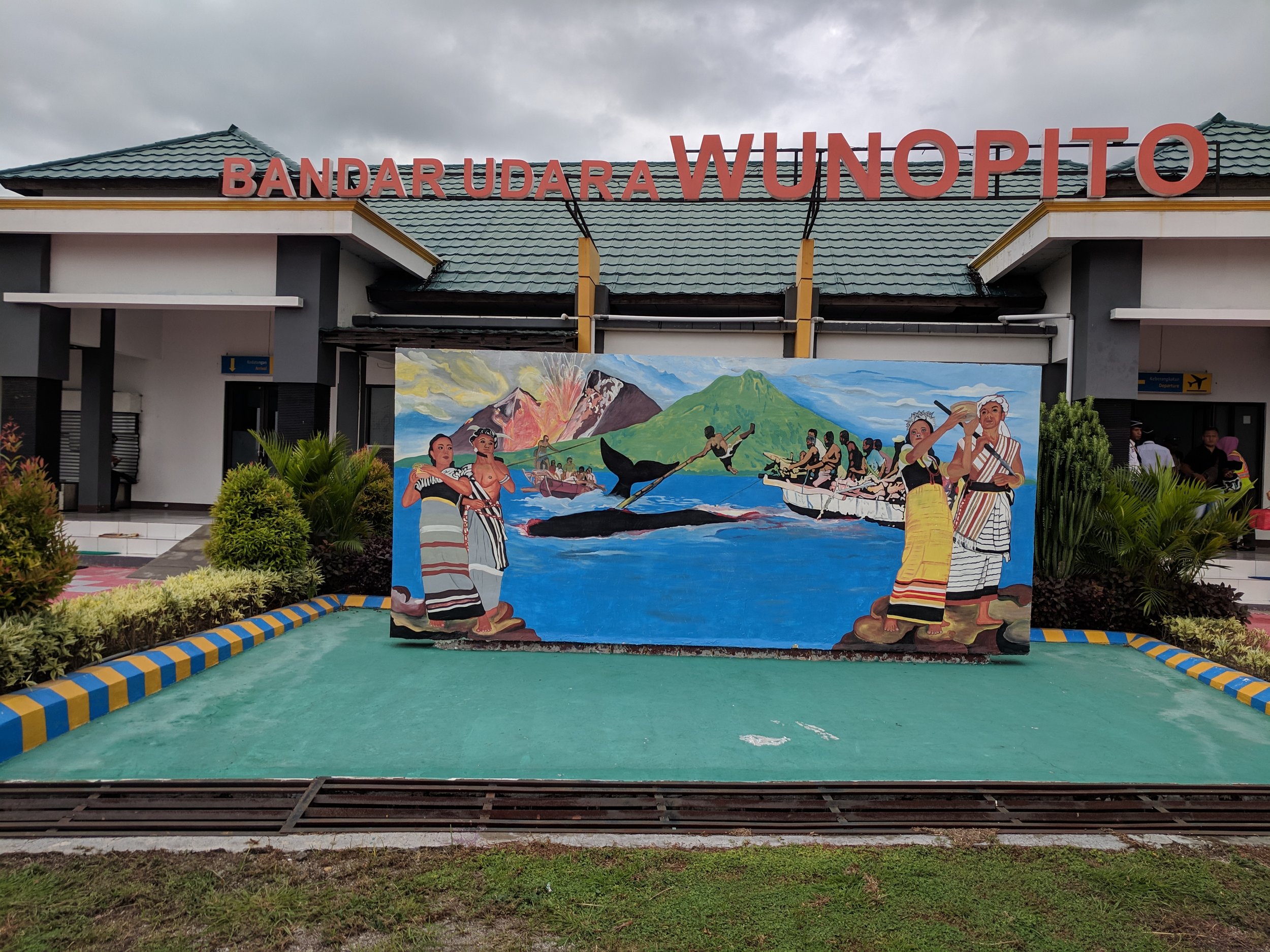
About our project
In various parts of Asia, aquatic mammals are associated with divine power and serve as objects of devotion. Cetaceans are worshipped in south and central Vietnam as life-saving deities. The spirits of whales are venerated during ritual ceremonies in some Japanese coastal areas. Aquatic mammals have all been associated with water deities in China, Cambodia, Indonesia, and the Ryukyu Islands. These animals continue to carry significant symbolic capital today – if no longer as gods, at least as local heritage and symbols of nature conservation, acquiring new meanings in the context of secularisation, (forced) displacement, and environmental degradation.
Whales of Power is concerned with the comparative study of human-cetacean relations in maritime East Asia, as expressed in popular worship practices and beliefs. We examine several of these traditions in different parts of the region, through a combination of historical and ethnographic research. Our main hypothesis is that changes in local worship traditions reflect changes in human-nature relations, caused by wider social, economic and environmental developments. Thus, marine mammals and associated worship practices serve as a prism, through which we approach human responses to socio-economic and environmental change in Asian coastal communities.

Objectives.
Whales of Power combines state-of-the-art theoretical approaches from different disciplinary traditions in order to reach new understandings of the ways in which human-nature-god relations reflect social and environmental changes. The project has three core theoretical objectives:
Apply recent theoretical developments associated with environmental humanities to the comparative study of popular religion.
Reconsider the role of local worship traditions in the Asian Secular Age, examining the new meanings attributed to ritual practices.
Contribute to the establishment a new comparative paradigm in Asian studies.
Sub-projects.
Whales of Power is divided into the following work packages, each of which takes up one or several case studies:
Work Package 1: Whale Worship and Environmental Change in Japan and Vietnam: A Comparison (PI, Aike P. Rots)
Work Package 2: Traditional Whaling, Ritual Change, and Environmental Cosmology in Eastern Indonesia (Postdoc, Florence Durney)
Work Package 3: Divine Dugong? Sacralisation and Environmental Activism in Okinawa (PhD, Marius Palz)
Work Package 4: The Whale God in Contemporary Vietnam: Urbanisation, Tourism, and the Heritagisation of a Popular Worship Tradition (PhD, Anh Tuan Nguyen)
Work Package 5: “In Harmony with Nature”: Whaling, Eco-Spirituality, and the Politics of Indigeneity (PhD, Sonja Åman)

Publications.
-
- Rots, Aike P. (2021) "Environmentalism." In The Bloomsbury Handbook of Japanese Religions, edited by Erica Baffelli, Andrea Castiglioni, and Fabio Rambelli, 65-72. London: Bloomsbury Academic.
- Nguyen, Tuan Anh (2021) "Nan đề bảo tồn văn hóa làng chài ven biển ở ven biển miền trung Việt Nam hiện nay: Trường hợp làng Mân Thái, Đà Nẵng." Museum & Anthropology 4.
- Palz, Marius (2020) "A Sea Cow Goes to Court: Extinction and Animal Agency in a Struggle Against Militarism." Relations 8 (1-2): 77-96.
- Durney, Florence (2020) "Appropriate Targets: Global Patterns in Interaction and Conflict Surrounding Cetacean Conservation and Traditional Marine Hunting Communities." Environment and Society 11 (1): 44-63.
- Rots, Aike P. (2019) "World Heritage, Secularisation, and the New “Public Sacred” in East Asia." Journal of Religion in Japan 8 (1-3): 151-178.
-
- Rots, Aike P., Ragnhild Freng Dale, and Simen Ådnøy Ellingsen (2021) "Hva er best - sjø eller fjell? Del 2." Morgenbladet, 17 June.
- Haugan, Ellen (2021) "Humanistisk hvalforskning i Asia: Whales of Power." Asiapunkt, 2 May.
- Durney, Florence, and Sonja Åman (2021) "Lines in the Water: Thinking about access, tenure, and practice in traditional marine hunting communities." EnviroSociety, 8 March.
- Schou, Ingrid (2020) "Noen tror på hvaler - at de er guder som hjelper oss på havet." Ung.forskning.no. 17 October.
- Rots, Aike P. (2019) "The Elusive Adjective: Overcoming Methodological Nationalism in Japanese Studies." Essay written for the Toshiba International Foundation 30th Anniversary Essay Contest.
- Rots, Aike P. (2019) Review of The Sea and the Sacred in Japan: Aspects of Maritime Religion, by Fabio Rambelli (ed). Journal of Religion in Japan 8 (1-3): 207-213.
-
- Rots, Aike P. (2021) "Shinto, natuur en klimaatverandering." Guest lecture and interview, Radboud Reflects, Radboud University Nijmegen. 7 June (on YouTube).
- Rots, Aike P. (2021) "'Of Gods and Whales: Popular Rituals, Environmental Change, and the Necessity of Intra-Asian Comparison." Guest lecture, East Asia Center, University of Virginia. 16 April (on YouTube).
- Rots, Aike P. (2021) Nature : Mono podcast, episode four. Interview by Jon Pitt. 26 February.
- Rots, Aike P. (2021) Beyond Japan podcast, episode 25. Interview by Oliver Moxham. 25 February.